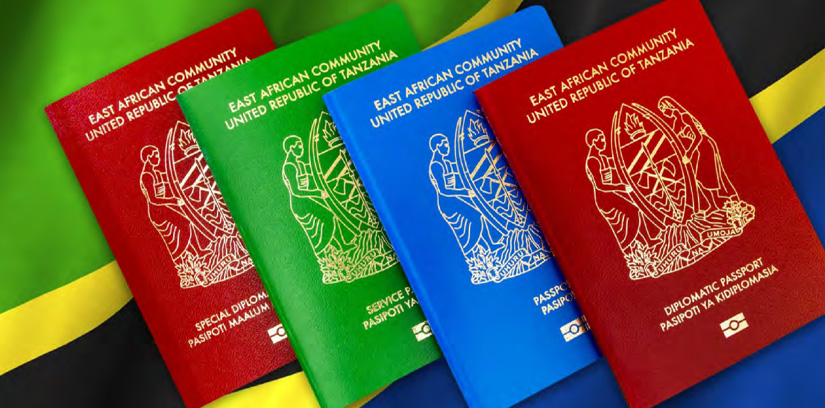Court of Appeal of Tanzania Affirms That ARIPO-Registered Trademarks Have No Legal Effect in Tanzania
The background of the case In a recent landmark decision, [...]
Submission of Beneficial Ownership Information in Tanzania
The Business Registration and Licensing Agency (BRELA) has issued a public notice on 10 March 2025 to all Companies operating in Tanzania, to Submit company information on beneficial ownership before the 15th April 2025
Investing in Tanzania: The Creation of Tanzania Investment and Special Economic Zone Authority
The Government of the United Republic of Tanzania has on 14th February 2025 passed the Investment and Special Economic Zone Act, 2024 to reshuffle the investment regime in Tanzania, thereby establishing a single government agency named the “Tanzania Investment and Special Economic Zone Authority”, that will oversee and supervise investments in Tanzania.
Proposed Amendment to the Labor Law in Tanzania
The Parliament of Tanzania has introduced the Labor Laws (Amendment) Act, No. 13 of 2024, which proposes to amend the Employment and Labor Relations Act Cap 366 R: E 2019 and the Labor Institution Act Cap 300 R: E 2019, on the following Key changes.
Breach of Contract and Unfair Termination in Tanzania
Review of the recent Court of Appeal decision in; Momole Rose Nyimbo v. Worrior Security Limited [Civil Appeal No. 298 of 2022 arising from Labor Revision No. 12 of 2017] CAT
Intellectual Property: Differences Between Licensing and Ownership of Software in Tanzania.
Tanzania has been going through a commercial boom recently and the trend is higher year on year.












